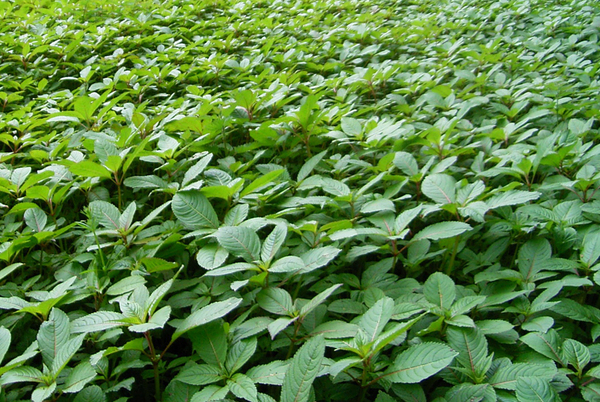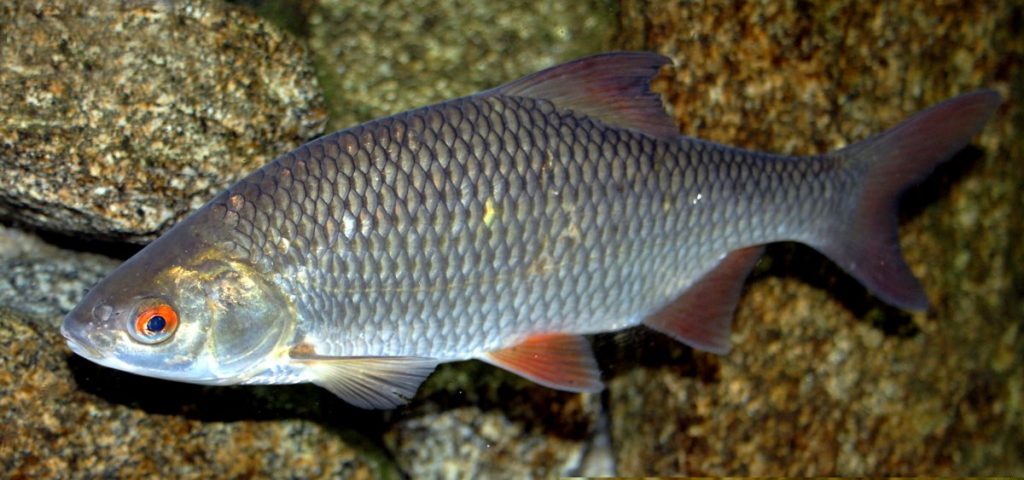Alien species on the rise worldwide
New research shows rates of alien species’ introduction are higher than ever. The increase in numbers of alien species does not show any sign of saturation at a global level, an international team of 45 researchers led by scientists from Senckenberg, Germany, and University of Vienna, Austria, has discovered. CABI’s Dr Marc Kenis, based in…
Taming ornamental plant invasion in Kenya
In this video, scientists and local people explain the dangers of Opuntia stricta, an invasive cactus weed covering large tracts of land in Kenya’s semi-arid Laikipia County, and efforts in place to tame its spread and adverse impacts.
Scientists discover new crop-destroying Armyworm is now “spreading rapidly” in Africa
New research announced today by scientists at CABI confirms that a recently introduced crop-destroying armyworm caterpillar is now spreading rapidly across Mainland Africa and could spread to tropical Asia and the Mediterranean in the next few years, becoming a major threat to agricultural trade worldwide.
CABI’s new biocontrol video
CABI has produced a new video which focuses on how we are using biological control, or biocontrol, to manage some of the worst invasive species that are affecting farmers’ livelihoods.
My UK adventure
By Fernadis (Feddy) Makale, MRes, CABI It all started with a single application email after coincidentally stumbling on a scholarship ad online. Landing in the UK at almost sub-zero temperatures I didn’t know what was ahead of me. I had successfully won a scholarship for a Research Masters (MRes) degree co-funded by CABI and…
Pakistan’s papaya pest squished through biocontrol
A severe infestation of the papaya mealybug (Paracoccus marginatus) nearly wiped out papaya orchards in Pakistan before this largely farming South Asian country decided to replace conventional chemical pesticides that were ineffective, with natural predators that proved to be successful.
Alien hunters in Indonesia – protecting natural parks and forest ecosystems in SE Asia
The Global Forum on Agricultural Research (GFAR) posted four blogs about CABI’s activities in its ‘Partner Spotlight’ feature. One of these was on a four-year Global Environment Facility (GEF) funded project that we led which ended recently. The FORIS project was about preserving important genetic diversity in some of SE Asia’s forests. The blog is…
Invasive species – telling the story of the hidden threat to livelihoods
The Global Forum on Agricultural Research (GFAR) has blogged about CABI’s activities in its ‘Partner Spotlight’ feature (12-15). One of these was our new invasive species programme which is re-posted here. Millions of people living in rural communities around the world face problems with invasive species –animals, diseases, insects and plants – that are out…
CABI’s ISC datasheets contribute to regulatory action against high-risk freshwater invasive species in the USA
Aquatic invasive species threaten aquatic resources by negatively impacting native organisms and altering ecosystems. They have a competitive advantage over native species because they lack natural enemies to control their spread, they grow and reproduce rapidly, and also adapt to a wide range of environmental conditions.
Invasive alien species (IAS) threaten livelihoods and biodiversity globally
Invasions from non-native plants, animals and pathogens threaten the economies of the world’s poorest nations, according to a new study. The study, published in Nature Communications (‘Global threats from invasive alien species in the twenty-first century and national response capacities’) found that one-sixth of the world’s land is highly vulnerable to invasion, including substantial areas…
- « Previous
- 1
- 2
- 3
- 4
- Next »


